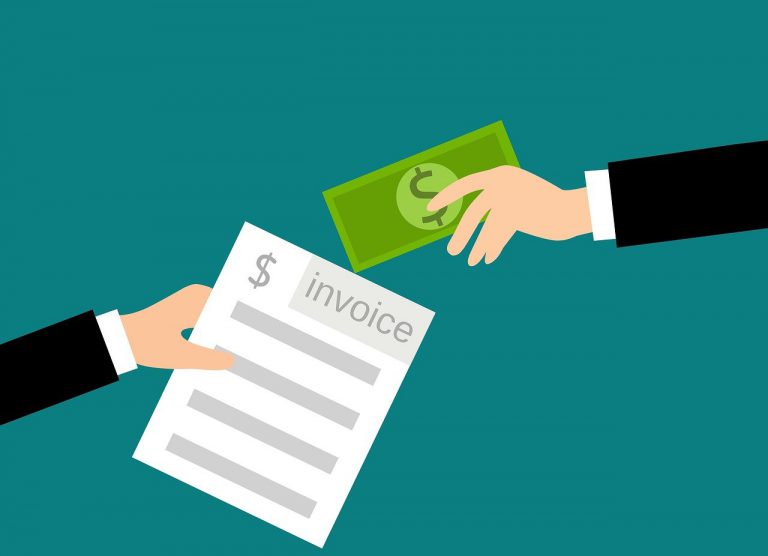Invoice Finance
Helping you to get your cash quicker
Invoice finance is a secured loan or a temporary line of credit. As the name suggests, this loan is typically secured with the face value of unpaid and approved invoices.
Cash is usually the most vital resource for businesses so effective cashflow management is essential. Invoice Finance, often known as Factoring or Invoice Discounting, provides access to your cash now. Putting properties or other physical assets up as a security against a business loan is often an expensive, cumbersome and slow process. It provides a safe, convenient and remarkably speedier alternative, allowing businesses to access money they are owed, at a small fee.
It is suitable for most industries including manufacturing, distribution, transport and recruitment amongst others.
Don’t worry if you have a poor credit history. Funding is based on your debtor book so lenders are more interested in your customers’ ability to pay than your own financial performance.

Types of Invoice Finance
Invoice finance has two major types – invoice discounting and invoice factoring.
Invoice discounting allows you to directly leverage your invoices for easy, affordable credit. When you use invoice discounting, you need not outsource the collection responsibility to the lender
Invoice factoring requires you to ‘outsource’ the sales ledger of your business to the lender. The lender will then bear the responsibility of collecting the unpaid dues directly from your customers. Since this also means that the lender will assume any risk that comes with the non-payment of invoices, invoice factoring is typically more expensive than invoice discounting
What are the benefits of Invoice Finance ?
Invoice finance has a unique range of advantages that make it unlike any other source of business finance
The biggest advantage of invoice finance and the main reason why so many businesses choose to use such a facility is the improvement it can make to your cash-flow. Being able to release the funds tied up in invoices so quickly puts businesses in a better position to cover company expenses and capitalise on new opportunities when they come along.
Waiting 30, 60 or 90 days for payments can stunt the growth of smaller businesses, but not offering payment terms that are considered standard in your industry may make customers going elsewhere. Invoice finance allows business to extend payment terms to their customers without having to worry about the detrimental impact it could have on cash-flow.
An invoice finance facility can be set up usually within a week or two of your initial contact with a provider. Once the arrangement is in place, the funds can often be released from an invoice within 24 hours of it being issued to a customer. That allows you to respond quickly to a cash-flow shortfall and raise funds for other business expenses
Unlike other sources of business funding, invoice finance is relatively easy to qualify for. Most companies that do not have major financial issues and work with reliable customers that do not have adverse credit records should qualify. Factoring, in particular, can be a suitable source of finance for startups and small businesses that cannot access traditional credit streams.
As the credit line is based on the value and quantity of your invoices, the amount of funding you can access increases in line with your revenue. That important advantage makes invoice finance a financial platform that can support your growth now and in the future. It also makes it possible to access more capital than you could potentially obtain from a bank overdraft or loan.
It is not always necessary to provide assets as security to set up an invoice finance agreement. In many cases, the only security required is the invoice itself. That can make invoice finance an option for businesses that have few assets and cannot access other financial products.
